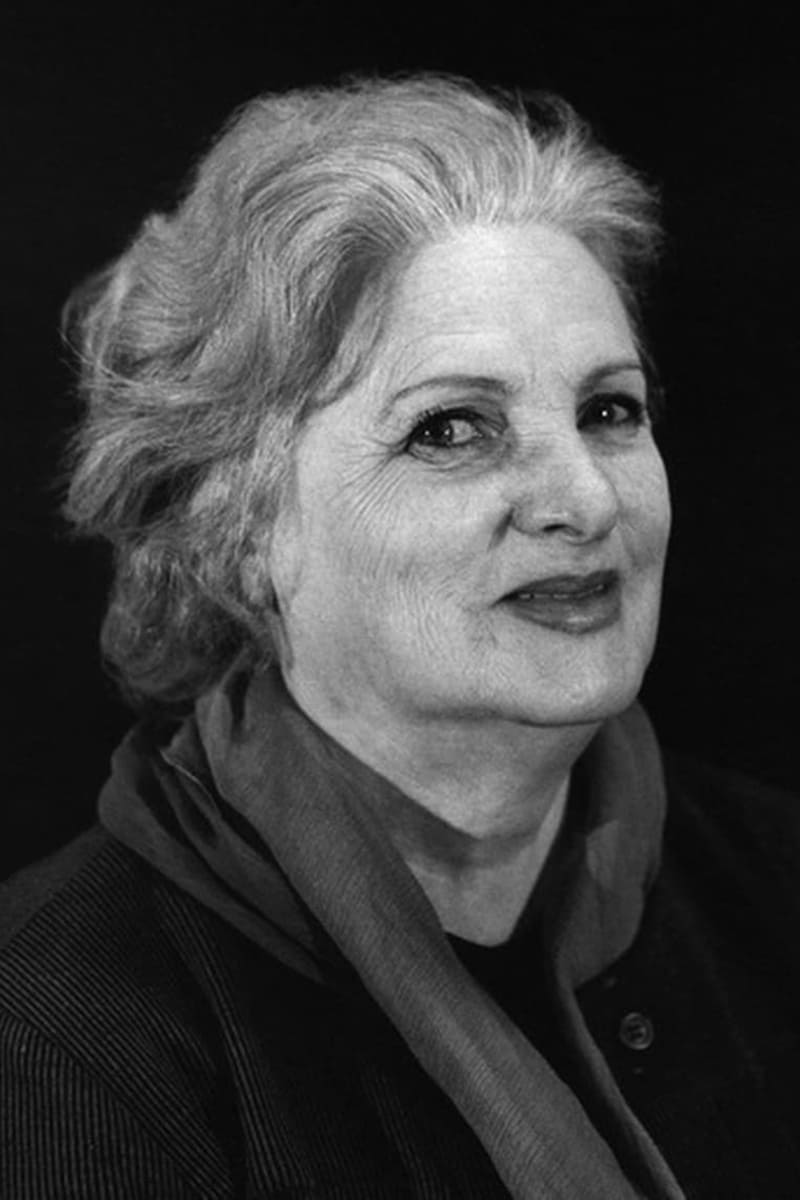
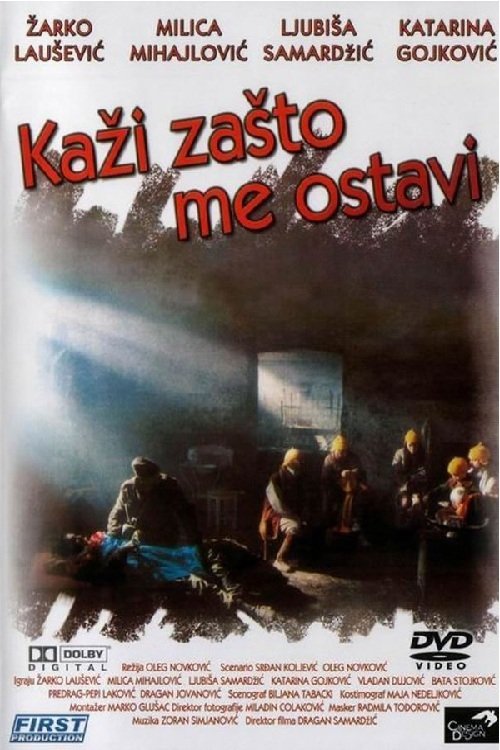
The story of a young man who, in 1991. receives order to report to a military drill, and finds himself on Vukovar front, where he spends five months. Returning from there, he discovers changes within himself, but within his home town also. Totally lost, he finds no way to make contact with the environment, and suddenly experiences love with the girl who survived all horrors of that war...
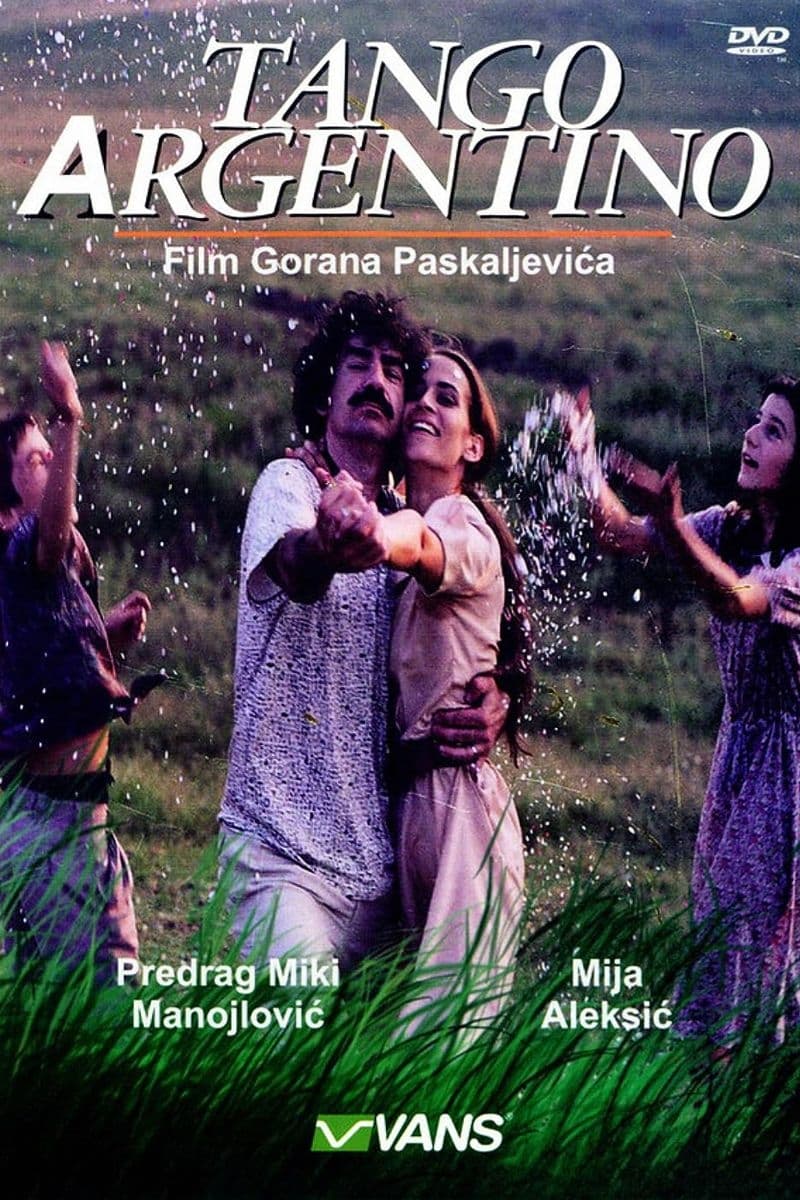
A boy who is helping lonely, elderly people revives their urge to live and receives in return their love and understanding, which have been denied to him by his parents.
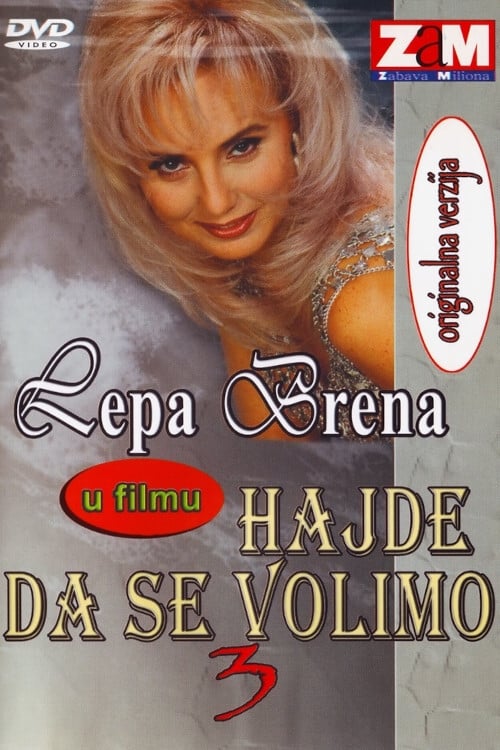
Wealthy guy from Australia travels to his birthplace in Bosnia so he'd make a giant wedding with Yugoslavia's biggest star Lepa Brena. Although it's a Brena doppelganger, media rush to publish the story so Lepa Brena must run across the country to stop the false wedding and tell everyone the true.
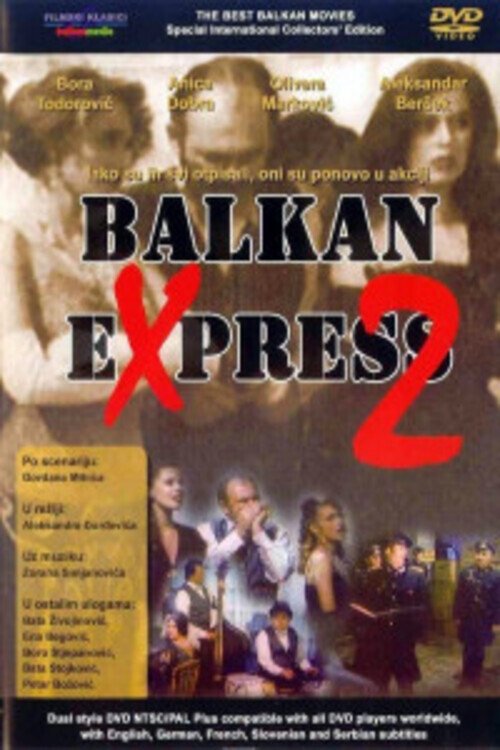
TV series made as an extended version of an eponymous feature film. A quintet of small-time crooks that works under disguise of a musical band become the supporters of Partisan resistance movement in WW2. Being forced to escape to another part of the occupied territory, they hide in "Marlene Saloon" forgetting that the bordellos of the kind are an ideal place for espionage during the war. They get more problems than peace and rest and the tragicomedy starts.
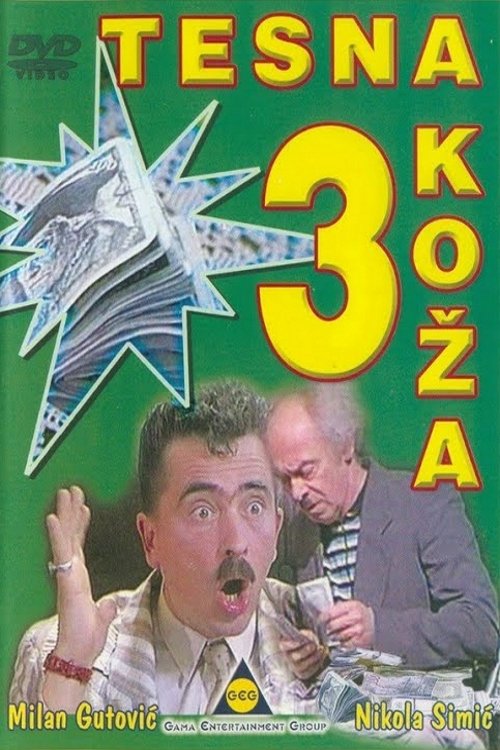
At 56 years of age Mita Pantić (Nikola Simić) is still only a junior clerk in his company. Another typical workday for him is starting at 6 a.m. as frustration awaits at every turn from the moment he gets up. Trying to get ready to go to work, he can barely get a turn to use the bathroom in the crowded apartment. Other members of the household are not without their frustrations either, meaning that nagging and shouting are a staple of their home life at any time of day.
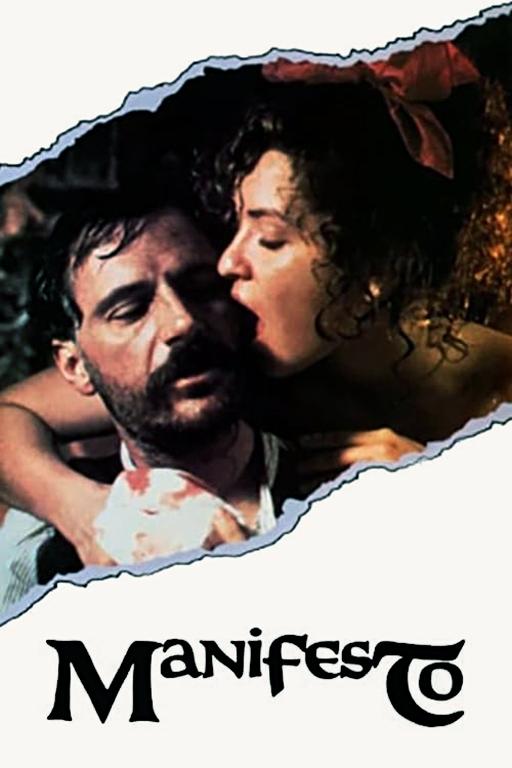
In a small European country, the king is scheduled to visit a small, quiet and "safe" village. It turns out that while the village may indeed be small, it's neither as quiet nor as safe as it's expected to be.

At 56 years of age Mita Pantić (Nikola Simić) is still only a junior clerk in his company. Another typical workday for him is starting at 6 a.m. as frustration awaits at every turn from the moment he gets up. Trying to get ready to go to work, he can barely get a turn to use the bathroom in the crowded apartment. Other members of the household are not without their frustrations either, meaning that nagging and shouting are a staple of their home life at any time of day.
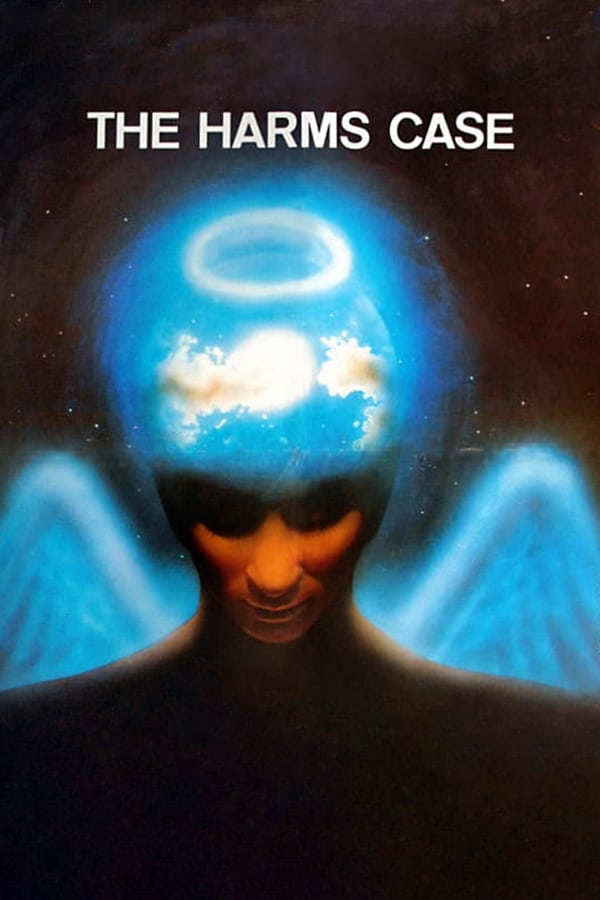
Based upon the life and writing of literary visionary Danil Harms, a Russian avant-garde poet of the 1920s who was persecuted and ultimately silenced by the Soviet authorities.
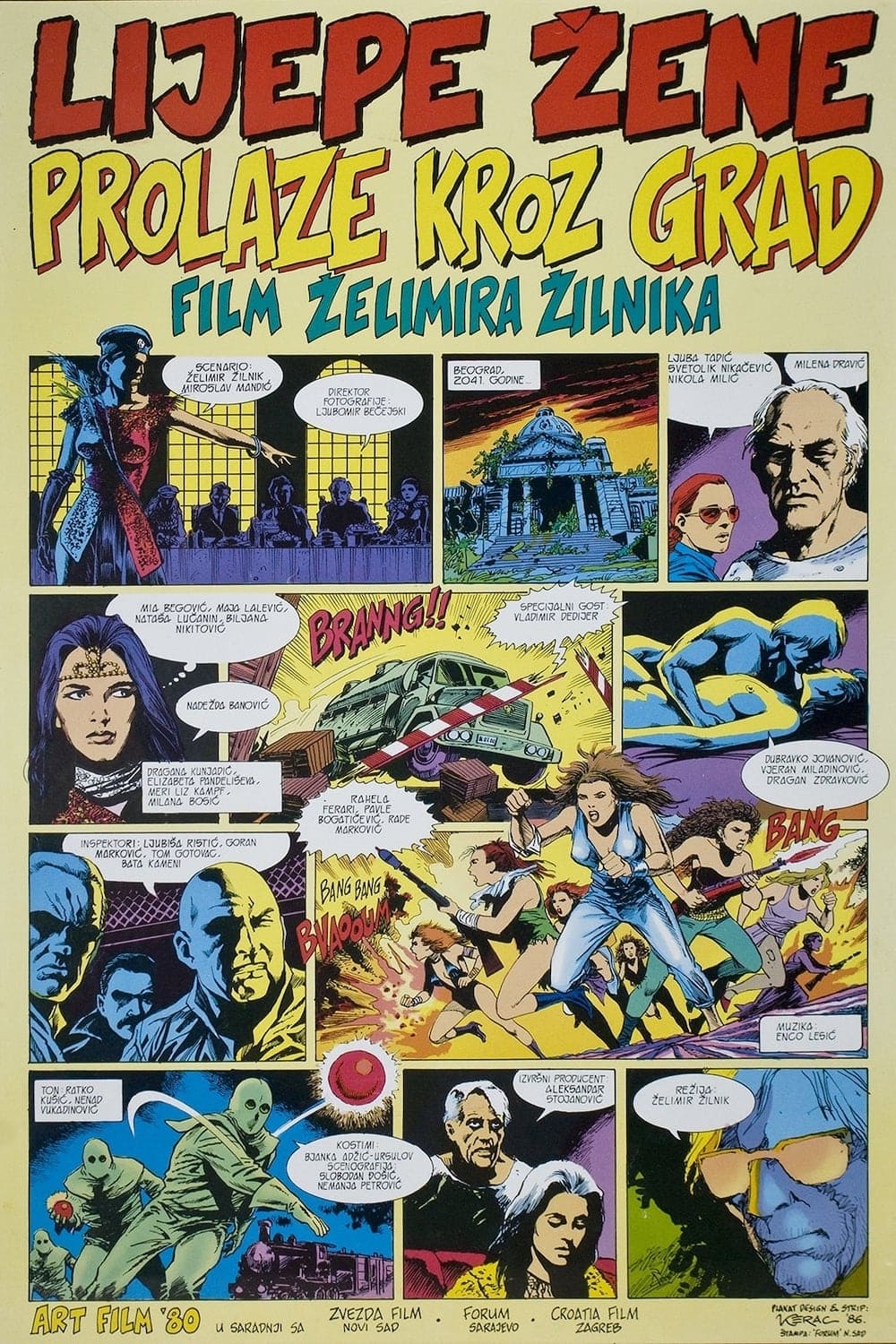
Belgrade in 2041 is a deserted city that looks like a dump yard. A few old men try to bring up a group of young girls in the old, traditional way of their Yugoslav ancestors.

A moving story about the residents of correctional facility, rejected by parents and environment. Going through a strict regimen of life in the home, they are constantly trying to reverse the fate in their favor. Although they were given a chance to change, their actions always return to the beginning. Constantly on the border between personal whims and once-in-a-lifetime opportunity to become humans, they remain as wolves who find hard to change their mood. What finally remains is a perpetual dilemma whether their fate is innate, or is it forced by the communities in which they grew up...
Rahela Ferari was a Serbian actress. She was born as the White Rohel Frajnd. Since 1930. to 1940. she worked in the Serbian National Theatre in Novi Sad, since 1940. to 1941. the Art Theatre in Belgrade. During the World War II she did not play. Since 1945. to 1947. was again performed in Novi Sad. Since the establishment of the Yugoslav Drama Theatre, 1947., she was the star of the theater. In Novi Sad played a major role in a variety of domestic and international repertoire. She was married to actor Aleksandar Stojkovic.
By browsing this website, you accept our cookies policy.